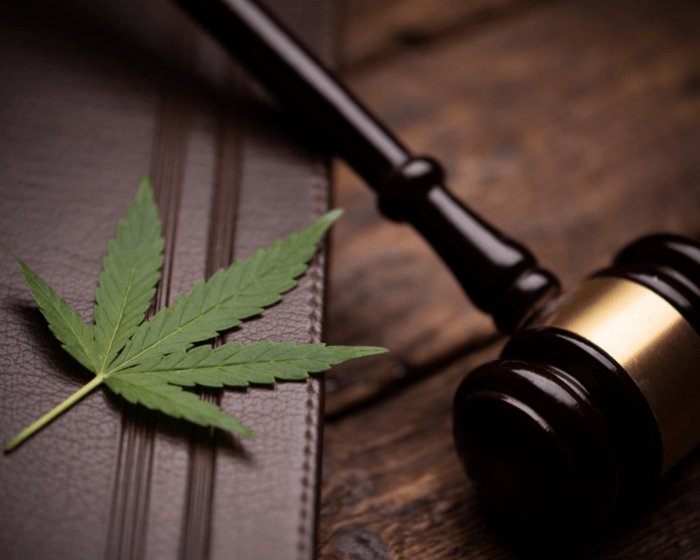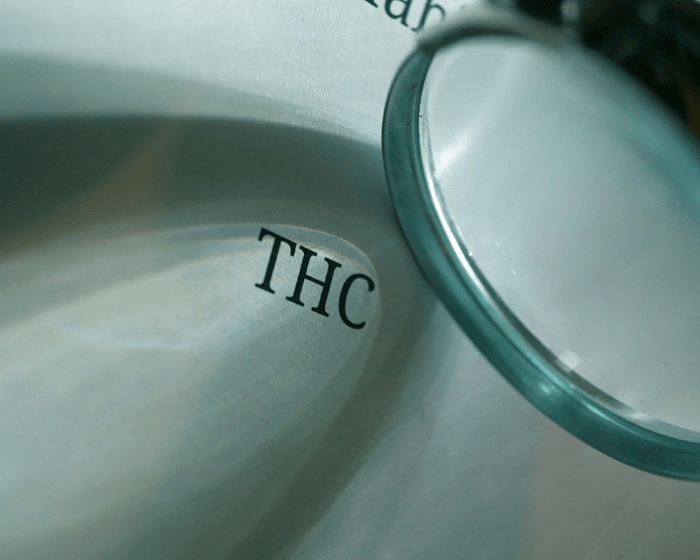
As Montana businesses prepare to transition to recreational adult-use cannabis, a new rule will stop licensed dispensaries from selling hemp-derived products including CBD, reports the Montana Free Press.
It’s a move that has surprised hemp retailers in the state, who didn’t foresee a ban like this as a potential side effect of legalization — it wasn’t part of the ballot initiative voters approved in November 2020 legalizing recreational cannabis.
But after the vote, lawmakers tasked with creating the rules for recreational use chose to stop licensed cannabis dispensaries from growing or selling hemp. This includes hemp-derived products like CBD, which contains only trace amounts of THC but binds to the body's cannabinoid receptors for calming and pain-relieving effects.
Dispensaries will be able to sell full-spectrum cannabis products containing both THC and CBD, as long as the CBD doesn’t come from hemp.
A Surprise to Businesses and Government Administrators
The language — which the legislature passed in House Bill 701 last April — wasn’t a prominent feature of the bill, according to staff at the state’s department of revenue.
“Frankly, I feel like we stumbled upon it. It wasn’t on our radar at all,” Kristan Barbour, administrator of the Department of Revenue’s Cannabis Control Division, told the Free Press.
The ban is set to go into effect at the same time recreational cannabis sales begin, January 1, 2022, leaving licensed retailers little time to move their stock.
“The ban has angered and confused many dispensary owners,” Max Savage Levenson wrote for the Free Press. “Some are strategizing potential workarounds to continue selling the products, while others are making plans to drop CBD completely.”
Why Did Lawmakers Do This?
Language in bill explains that legislators wanted to “preserve and protect Montana’s well-established hemp industry by drawing a clear distinction between those participants and programs and the participants and programs associated with the marijuana industry.”
However, it’s unclear who wanted the rule in place. What is clear is that many in the hemp industry don’t see it as a protection.
“I’ve spoken to folks in the hemp industry,” the department of revenue’s Barbour told the Free Press. “They’re frustrated as well. Montana hemp farmers are growing quality hemp and having it … sold in a medicinal environment. This was a hit and a surprise to them.”
“I’ve spoken to folks in the hemp industry. They’re frustrated as well. Montana hemp farmers are growing quality hemp and having it … sold in a medicinal environment. This was a hit and a surprise to them.”
— Kristan Barbour, administrator of the Department of Revenue’s Cannabis Control Division, as quoted in the Montana Free Press.
In practice, the ban will stop consumers from buying CBD from dispensaries, sending them to retailers with less expertise and potentially sub-par CBD products.
“If there were any concerns at all about the safety, efficacy or dosage of CBD, you might want people that actually know a little bit about it to be the ones selling it,” Jay Bostrom, co-owner of Dancing Goat Gardens dispensary, told Levenson.
What Are Retailers Doing?
Hemp retailers are approaching the problem in different ways. Some are dropping CBD from their lineup with little fanfare. Others plan to open a second business to sell hemp products. Still others remain unsure about how it will play out, according to Levenson.
“[S]ome dispensaries that rent their retail space are skeptical their landlords will let them take the necessary steps to establish separate business addresses, which may require building a wall to separate the two entities,” he wrote.
Then quoting Bostrom of Dancing Goat Gardens: “Are you going to put tape down on the floor and say, that’s a CBD store?”







































